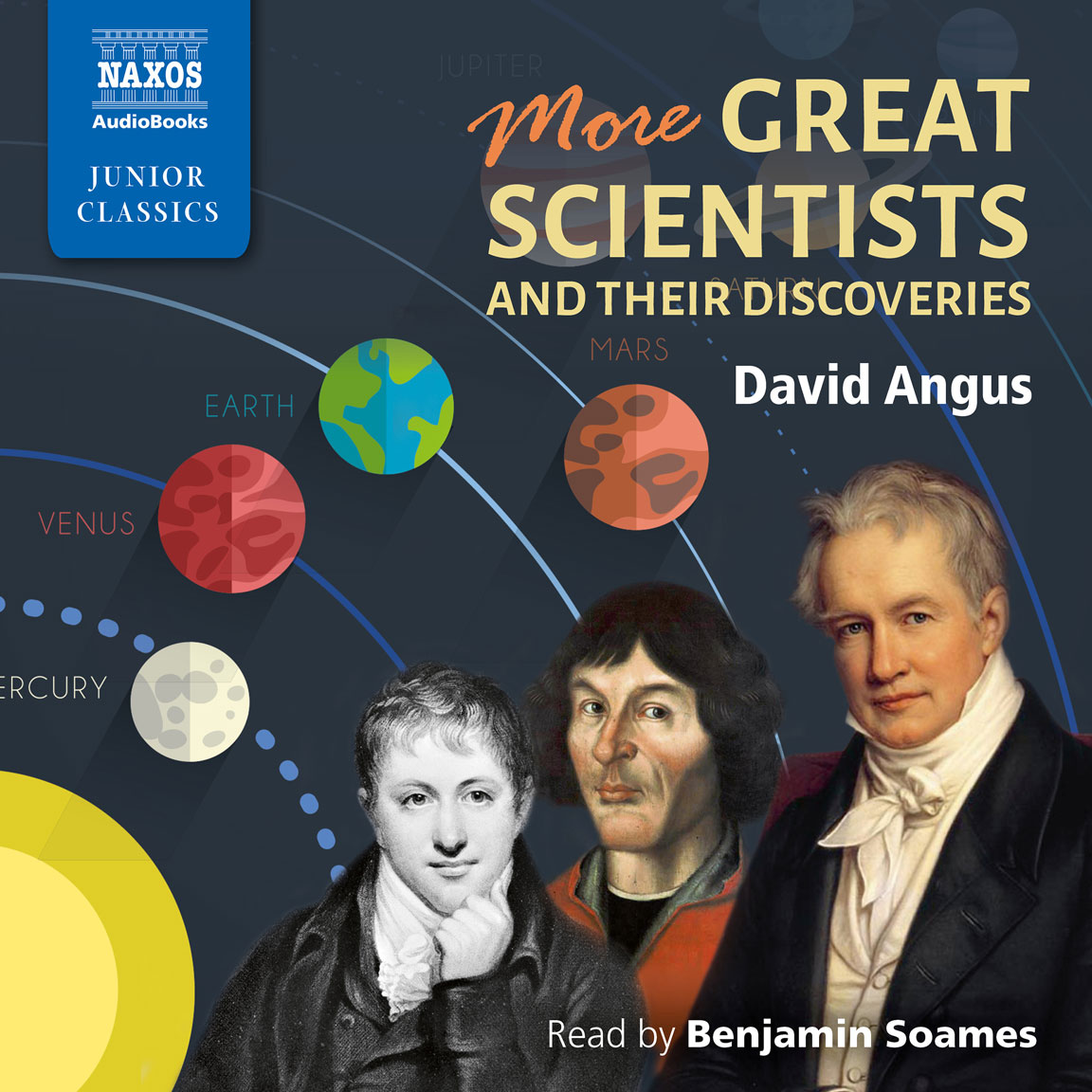
How can curiosity lead to greatest of all the inventions
image source: Naxos AudioBooks

image source: Naxos AudioBooks
Introduction
Scientists have always been the driving force behind humanity's progress and development. With their insatiable curiosity, rigorous experimentation, and unparalleled ingenuity, they have brought forth numerous groundbreaking inventions that have revolutionized our lives. From the discovery of electricity to the development of life-saving vaccines, scientists have left an indelible mark on history. This article explores the remarkable contributions of scientists and their inventions, showcasing the immense impact they have had on society.
The Power of Curiosity
At the heart of every scientist lies an insatiable curiosity, an unyielding desire to understand the intricacies of the world around them. This innate curiosity has led to some of the most transformative inventions in history. Consider the profound impact of Albert Einstein's theory of relativity, which unveiled the nature of space, time, and gravity. Einstein's relentless curiosity and dedication to unraveling the mysteries of the universe paved the way for advancements in physics and set the stage for the development of technologies like GPS and nuclear power.
Revolutionizing Communication
The field of communication has undergone a revolution, largely thanks to the ingenuity of scientists. One such transformative invention is the telephone, pioneered by Alexander Graham Bell. With the invention of the telephone, distances collapsed, and communication became instantaneous, transcending physical barriers. Fast forward to the present day, and we have smartphones, the epitome of modern communication technology. Innovators like Steve Jobs and the teams at Apple transformed the world with their smartphones, which merged telephony, computing power, and internet access into a single device, revolutionizing how we interact, work, and stay connected.
Exploring New Frontiers
Scientists have constantly pushed the boundaries of exploration, venturing into uncharted territories to expand our knowledge of the world and the universe. The invention of the microscope by Antonie van Leeuwenhoek opened up a new realm of discovery, revealing a microscopic world that was previously unseen. This invention paved the way for advancements in medicine, biology, and countless other fields. Similarly, the development of the Hubble Space Telescope has allowed us to gaze into the vastness of space, unraveling the mysteries of distant galaxies and expanding our understanding of the universe.
Healthcare Revolution
The field of medicine owes a debt of gratitude to countless scientists whose inventions have revolutionized healthcare. The discovery of antibiotics by Alexander Fleming transformed the treatment of infectious diseases and saved countless lives. Vaccines, another monumental scientific achievement, have eradicated diseases such as smallpox and polio, and continue to protect us from a myriad of illnesses. The contributions of scientists like Jonas Salk, who developed the polio vaccine, have had an immeasurable impact on global health and well-being.
Sustainable Innovations
In an era of growing environmental concerns, scientists are at the forefront of finding sustainable solutions. The invention of renewable energy technologies, such as solar panels and wind turbines, has been instrumental in mitigating the effects of climate change and reducing our reliance on fossil fuels. Innovators like Elon Musk have spearheaded the development of electric vehicles, paving the way for a future of sustainable transportation. These inventions not only address urgent environmental challenges but also contribute to the creation of a more sustainable and resilient world for future generations.
Conclusion
The world owes an immeasurable debt to scientists and their inventions. From unraveling the mysteries of the universe to transforming healthcare and communication, their contributions have shaped the course of history. By nurturing their curiosity, supporting their research, and celebrating their achievements, we ensure a bright future of continued scientific


0 Comments